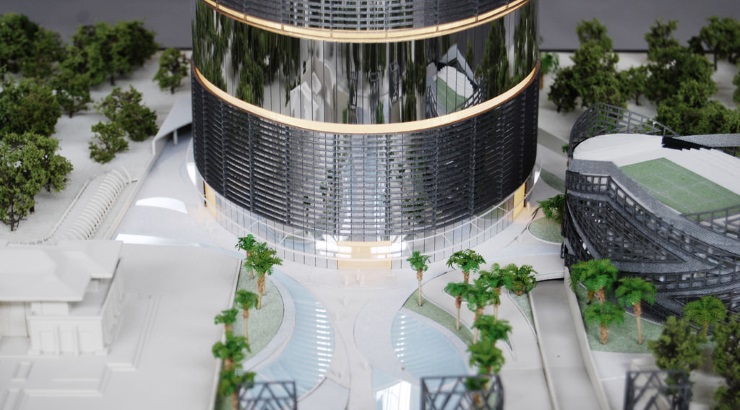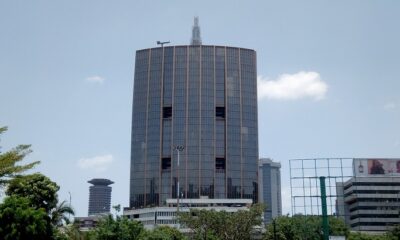Commercial Projects
Palm Exotica: The making of Kenya’s tallest hotel in Watamu
Palm Exotica, a 61-floor luxury hotel-cum-residential project, will cost an estimated Sh28 billion.

A group of foreign investors led by Italian billionaire Franco Rosco are pushing forward plans to set up a 61-floor luxury hotel-cum-residential project in Watamu, Kilifi County, in a development that will gift Kenya its tallest building.
Trading as Palm Exotica, the investors are now seeking the nod of the National Environmental Management Authority (Nema) to commence construction of the facility on a 2.4-acre parcel of land at Dabaso, Turtle Bay Road in Kilifi.
According to regulatory filings seen by CK, the investors say the property – to be known as Palm Exotica – will be a mix-use development comprising a 270-bedroom five-star hotel, a high-end shopping mall, executive offices and apartments, a casino, and restaurants.
The luxury hotel will be operated by a yet-to-be disclosed global hospitality chain with several hotel floors reserved for presidential suites.
“This mixed-use development is for the discerning traveller who appreciates life’s finer things. Sky rooftop restaurant and swimming pool as well as a spa and fitness room,” the investors said in regulatory filings submitted to Nema.
Palm Exotica, which will cost an estimated Sh23 billion, reserves its topmost floors for exclusive private apartments and penthouses.
The meeting area has 1,500-metre square set aside adjacent to a 550-metre square ballroom and a 500 metre square exhibition centre while the lower floors will house food and beverage outlets.
“It is 20 minutes’ drive from Malindi Airport and 90 minutes from Mombasa airport as well as 45 minutes from Vipingo Ridge Old Club,” Palm Exotica says on its website.
Architectural design
At 370 metres, the building that is designed by Italian architect Lorenzo Pagnini will be 50 metres taller than The Pinnacle – which is under construction in Upper Hill, Nairobi.
The owners of the project, whose architectural design borrows from simple traditionally crafted art pieces of Kenya’s rich culture from the coast, are drawn from New York, South Africa and Italy.
Structural steel
The developers have pledged to acquire cement from Bamburi and Mombasa Cement, while sourcing machine cut stones from Tezo in Kilifi.
“Reinforced steel will be sourced from Apex, Prime, Athi and Tononoka factories – all operating in the coastal region, but structural steel will have to be imported since no factory locally produces the required sizes,” they said in a statement.
In addition, the investors said they said they will purchase sand from suppliers within Mjana Heri near Malindi and that all of their ballast needs will be met by dealers within Jaribuni in Kilifi.
Palm Exotica plans to import aluminum products from Norway, with glass and their accessories coming in from France. Custom built furniture and interior fittings will also be imported although they will be assembled locally.
Ecosystem
Environmental consultant who studied the project have dispelled fears that the facility will have undesired effects on the coastal ecosystem.
“The project will be carried out on the second row from the beach and will therefore not interfere much with the nearby marine ecosystems like mangroves and coral reefs,” the experts said in the project’s environmental study.
Palm Exotica is expected to boost Watamu’s profile as a key tourism destination in Kenya.












